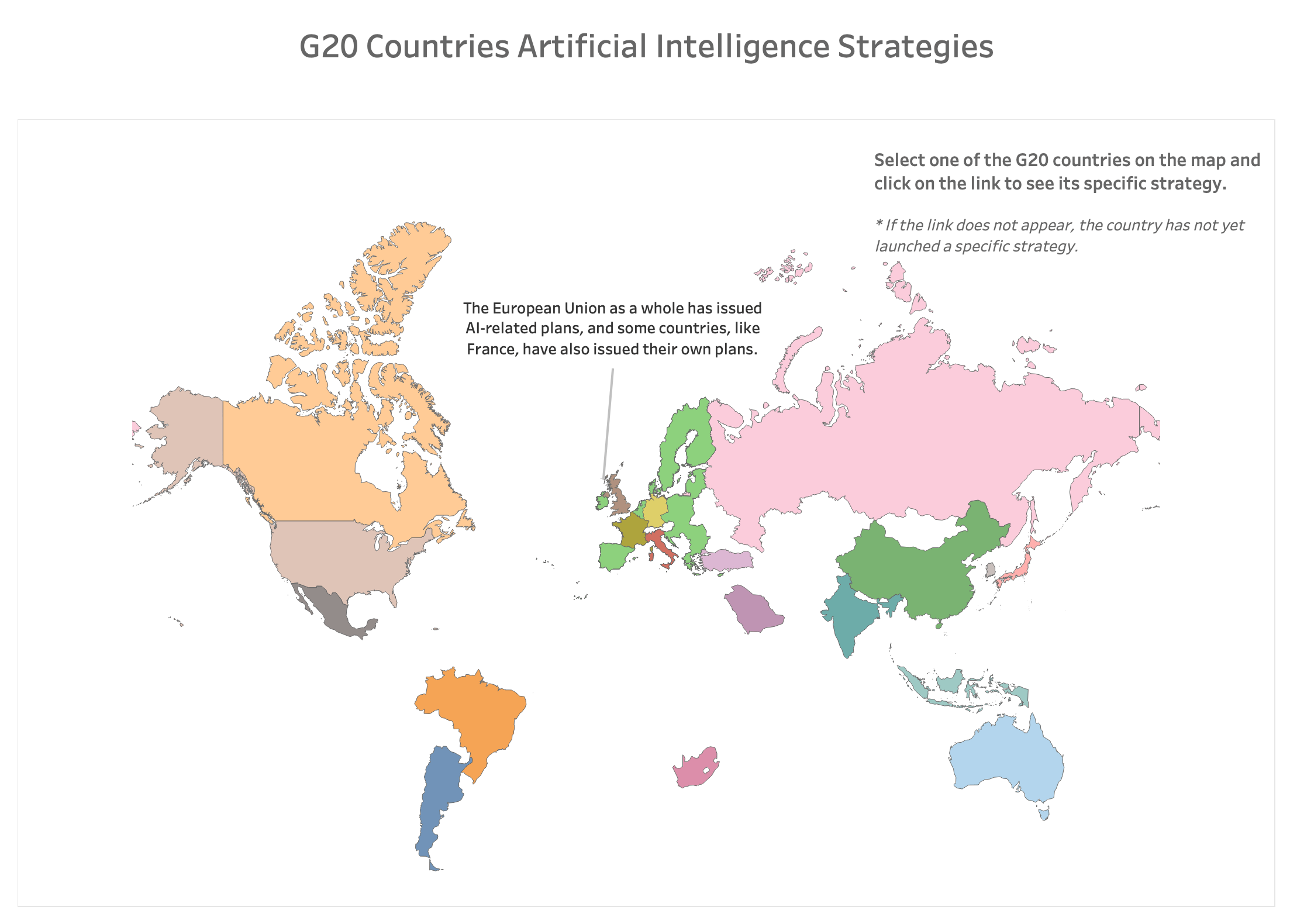Susan Ariel Aaronson
Congress shares responsibility with the president for trade policy, yet Congress lacks the infrastructure and expertise to set objectives and monitor the administration’s actions. Moreover, because President Trump sees tariffs as his Swiss Army knife for multiple purposes, Congress has been unable to effectively challenge the dramatic changes to trade policy made by the administration.
Read More Publications
A Congressional Trade Office could resolve all this tariff confusion
Susan Ariel Aaronson Congress shares responsibility with the president for trade policy, yet Congress lacks the infrastructure and expertise to set objectives and monitor the administration’s actions. Moreover, because President Trump sees tariffs as his Swiss Army...
Do Chatbot Developers Act Responsibly toward their Users?
Susan Ariel Aaronson and Michael Moreno Please note this paper is forthcoming, to be published by the Balsillie School in February 2026. This study evaluates whether leading AI developers—OpenAI, Google, xAI, and DeepSeek—act responsibly toward users when building...
AI and Trade: The WTO’s Thoughtful but Incomplete Assessment
When the World Trade Organization (WTO) decided in 2024 to produce a report on the trade implications of artificial intelligence (AI), it set out to answer two key questions: How can the WTO help ensure that the benefits of AI are widespread? And, how can the...













